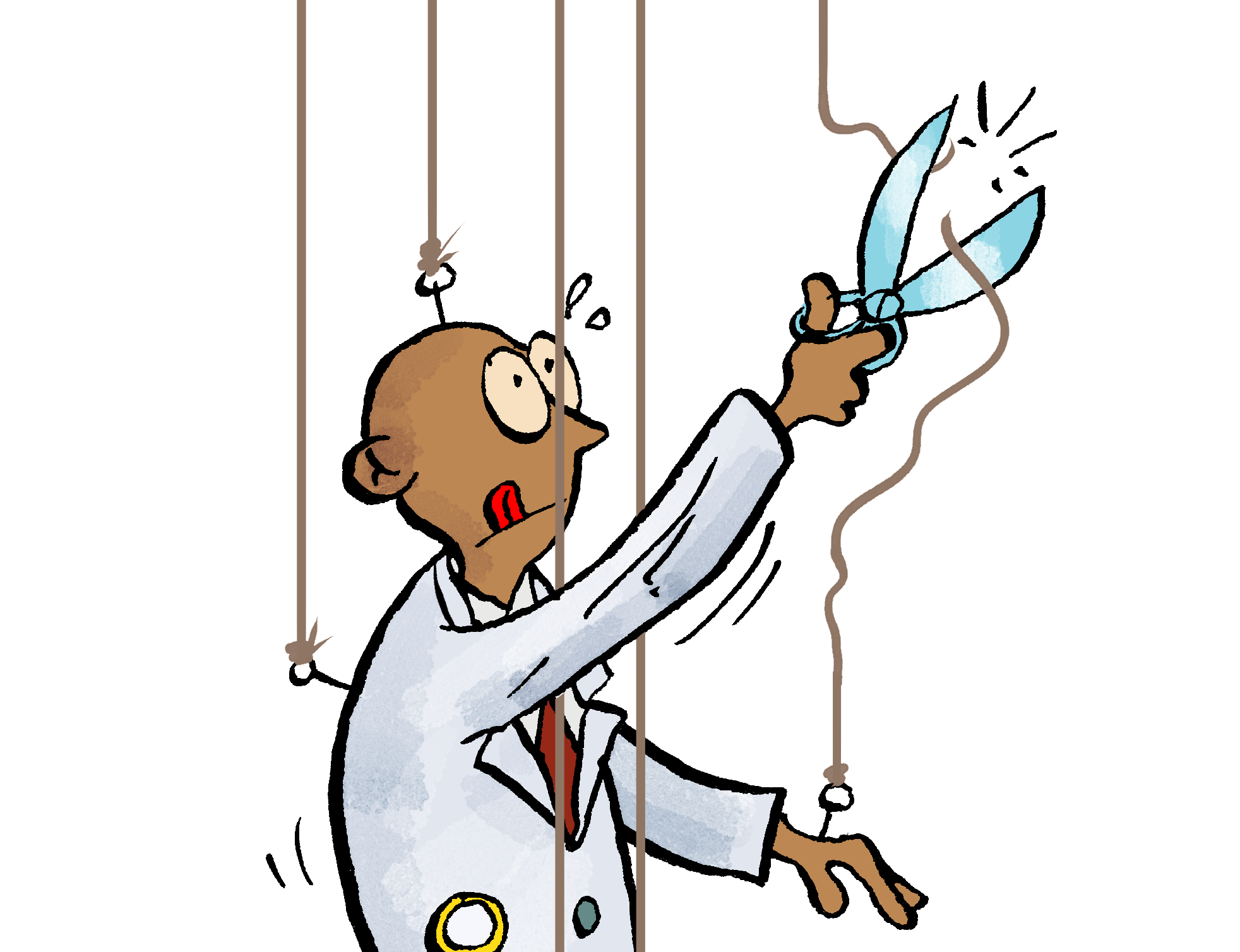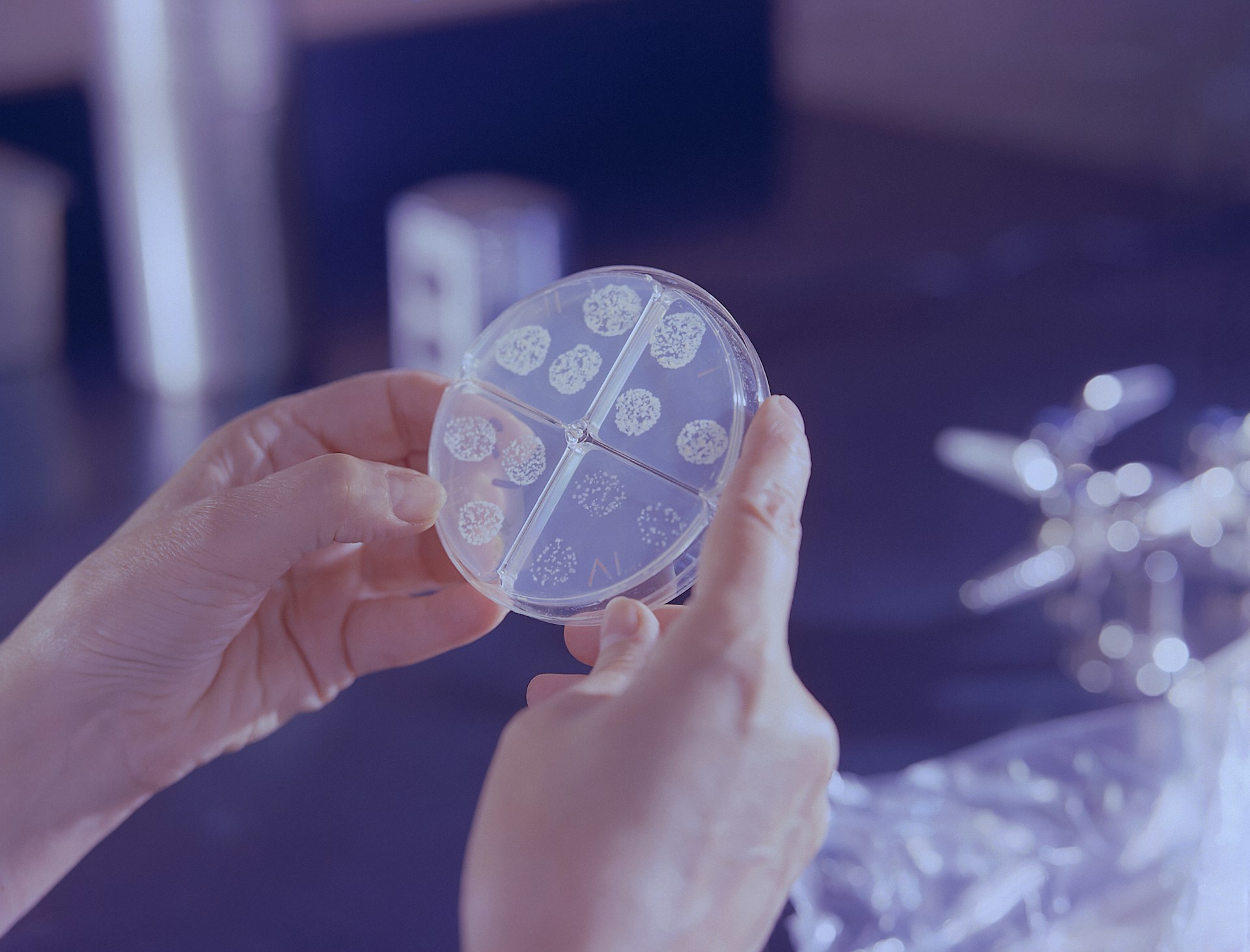Emma Hedley on fake news, experts and why we all need to learn about science.
In the past few years we have heard time and time and again that people are tired of being told what to do by experts. To quote Michael Gove, ‘I think the people in this country have had enough of experts’. This is ironic in many regards as we rely on experts to advise us on many things in our daily lives, from doctors on our health, to mechanics for advice on car repairs. However, when scientists at the frontiers of their field inform decisions in public policy this is often met with suspicion. This narrative is also very different from that surrounding the global COVID-19 pandemic, particularly in the early stages, where politicians claim they are being guided by the science and offer this as reason to trust their decision-making. The complex nature of the pandemic means that the scientific expertise that must be drawn upon encompasses the physical and life sciences, as well as social and behavioural science. However, this discussion is not limited in scope to the pandemic.
There is a wider, more fundamental discussion to be had about how we translate scientific knowledge into public policy. In a democracy this requires general public support, which itself depends on public understanding of the science to build trust into presented scientific evidence.
If for example an alien visited earth from another planet and you told them that flour, yeast and water combine to make bread they probably either wouldn’t believe you or would think you are some kind of wizard unless you describe to them the process and some fundamental concepts, such as what an oven is. In essence, if people don’t understand how science works, they have no reason to trust that the outcomes are legitimate.
To be scientifically literate means that you can understand reports around scientific concepts, and make use of this understanding for personal decision-making, and that you know the impact of science on your daily life. It also means that you have the ability to critically analyse claims and decide what may and may not be a reliable source of information. However, there is very little education until the second half of a science degree on how the scientific process, peer review, and journals actually operate. There is even less education on the role that scientific evidence plays in informing public policy. Improving scientific literacy is a job for everyone in science if we want to demystify the scientific process. In doing this we also make science feel like a more welcoming and inclusive community. When people can feel that they are a part of that community they are more likely to trust it.
If people don’t understand how science works, they have no reason to trust that the outcomes are legitimate.
The typical example of public distrust is the fall in vaccination rates arising from since disproven evidence that the MMR vaccine causes autism. This issue threatens to raise its head again. There has already been a wave of fake news stories and conspiracy theories surrounding vaccines under development for COVID-19. Some of these stories come simply from a lack of understanding of vaccines and others come from a mistrust of the government. Here the public trust in scientists and in the government must play hand in hand or take up of the vaccine will be low.
Inevitably there is also a degree of uncertainty in science that must be conveyed by researchers and accepted by the public. Science doesn’t hold all the answers and all that scientists can do is pursue knowledge and leave the judgement of the best course of action to politicians. Some science is particularly politicised, such as research informing on climate change, as it highlights a threat that requires organisation on the scale of national governments in order to tackle it. Scientists have to make individual decisions whether to be political and advocate for change or simply to do the research and present the facts. If scientists are seen as too political, they can come across as biased. Yet if the results argue for one particular course of action the backing of renowned scientists can add credibility.
Without people understanding why decisions are made, and why they should make certain choices, science will continue to plough on pursuing knowledge without the informed support of the general public. This makes the ambition of many scientists aiming to change the world for the better harder to achieve. As Neil deGrasse Tyson once said, ‘The good thing about science is that it’s true whether you believe it or not’. To believe the outcome is one thing but to trust the process is a different thing altogether.
Emma Hedley is studying for a PhD in Materials Science at St Catherine’s College. Artwork by Ralf Zeigermann.





